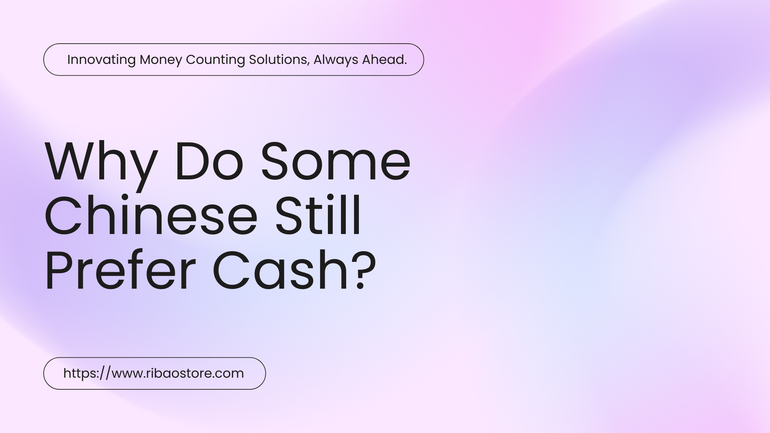When Sarah, an American expat in Shanghai, first witnessed her landlord refuse a bank transfer and insist on a stack of 100-yuan bills for her apartment’s annual rent, she was stunned. "Why cash in 2024?" she asked. The landlord smiled and said, "It’s just… more real."
This moment reveals a paradox: While China leads the world in mobile payments, cash still holds power in high-value transactions. Here’s why—and what it says about trust, tradition, and the unseen economy.
1. "Face Culture" and the Weight of Physical Cash
In Beijing, Mr. Li, a furniture wholesaler, recalls a deal where a client paid ¥200,000 in cash for a bulk order. "Handing over a briefcase of money isn’t just payment—it’s respect," he explains. In business circles, cash symbolizes sincerity, especially for first-time partnerships.
"A digital transfer feels like a click. Cash? That’s a commitment."
This ties to mianzi (面子, "face"). At weddings, hóngbāo (red envelopes) with crisp bills are still preferred over digital transfers—because you can’t ‘show’ an app transfer in front of guests.
2. The Shadow of Tax Avoidance
At a Guangzhou tea house, a factory owner (who asked to remain anonymous) admits: "For ‘private’ deals, cash leaves no trail." While China’s tax system has tightened, some businesses still use cash to:
-
Avoid VAT invoices (which require formal reporting).
-
Pay under-the-table bonuses to employees.
-
Negotiate discounts (e.g., "Pay cash, and I’ll knock 10% off").
Fun fact: Luxury car dealers often report higher cash sales before Chinese New Year—when bonuses are paid discreetly.
3. Rural Realities: Where Digital Meets Tradition
In a Yunnan village, farmer Auntie Chen sells her yearly harvest of walnuts for ¥50,000 in cash. "My phone’s too slow for big transfers," she laughs. But there’s more:
-
No bank branches nearby (China has 1,600 "cash-only" counties).
-
Elderly distrust digital balances ("I need to see and touch money").
-
Cash gifts at funerals/weddings (tearing up a digital hóngbāo would be awkward).
4. The Government’s Love-Hate Relationship with Cash
Despite pushing digital yuan (e-CNY), China’s central bank mandates ATMs to dispense cash and fines businesses that refuse it. Why?
-
Financial inclusion (protecting rural/elderly populations).
-
Preventing monopolies (Alipay/WeChat Pay control 94% of mobile payments).
-
Crisis preparedness (e.g., power outages, cyberattacks).
Irony alert: Even tech-savvy Gen Zers stash cash at home—"for emergencies, like when my phone dies."
The Bottom Line: Cash Isn’t Dead—It’s Strategic
China’s cashless revolution has limits. For privacy, tradition, or practicality, big-ticket deals still lean on paper money. Next time you see a luxury condo bought with suitcases of cash, remember: In China, cash isn’t outdated—it’s a tool with a purpose.
Would you trust a ¥500,000 deal without a paper trail? Share your thoughts in the comments!







